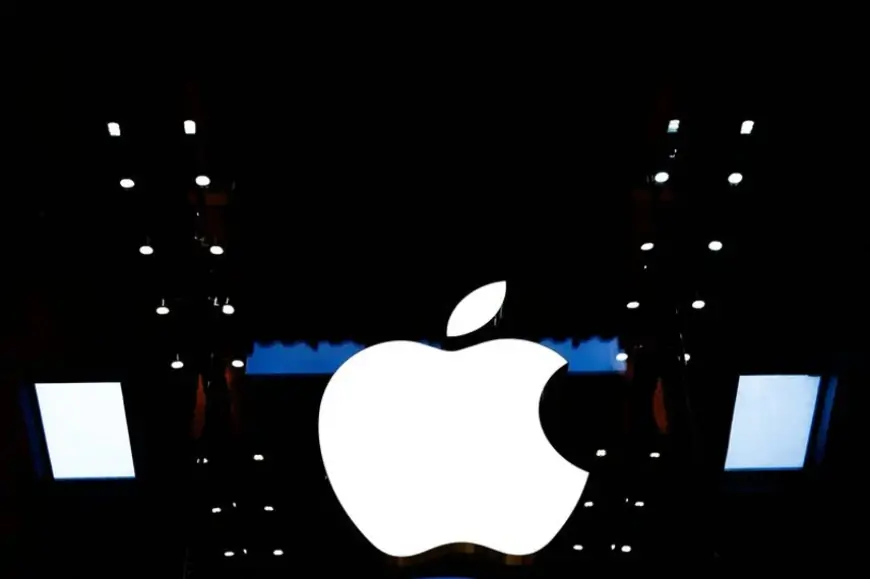Apple used Google's chips to train two AI models, a recent research paper reveals, highlighting collaboration between the tech giants in advancing AI technology
Apple utilized Google's chips for training two AI models, according to a research paper, revealing a significant tech collaboration in AI development.

Apple has opted for chips developed by Google, rather than relying on industry leader Nvidia, to build key components of its AI infrastructure. This choice, detailed in a recent research paper, highlights Apple's shift towards Google's technology for its upcoming suite of AI tools and features.
Notably, Nvidia, renowned for its high-demand AI processors, holds a dominant position in the market, commanding around 80% share, including competition from other cloud computing giants like Amazon.com. The research paper indicates Apple's use of Google's tensor processing units (TPUs), without explicitly excluding Nvidia's hardware, but omitting any mention of Nvidia's contributions.
Apple's AI models were trained using two varieties of Google's TPUs. For its on-device AI model, Apple employed 2,048 TPUv5p chips, while its server-based AI model utilized 8,192 TPUv4 processors. Unlike Nvidia, which produces graphics processing units (GPUs) widely used in AI, Google offers TPUs through its Google Cloud Platform, requiring users to build software within this environment to access the hardware.
This strategic choice by Apple, which is rolling out its Apple Intelligence features to beta users this week, reflects a broader trend of diversifying AI infrastructure. Apple's decision follows earlier reports on its TPU usage and underscores the potential for even larger, more sophisticated AI models with Google's technology. Despite the innovative leap, Apple's stock experienced a slight decline of 0.1% to $218.24 in regular trading on Monday.
As Apple continues to integrate advanced AI features, including OpenAI's ChatGPT technology unveiled at its June developer conference, the company’s move signifies a pivotal shift in the AI landscape, marking a notable departure from traditional reliance on Nvidia's GPUs.












































